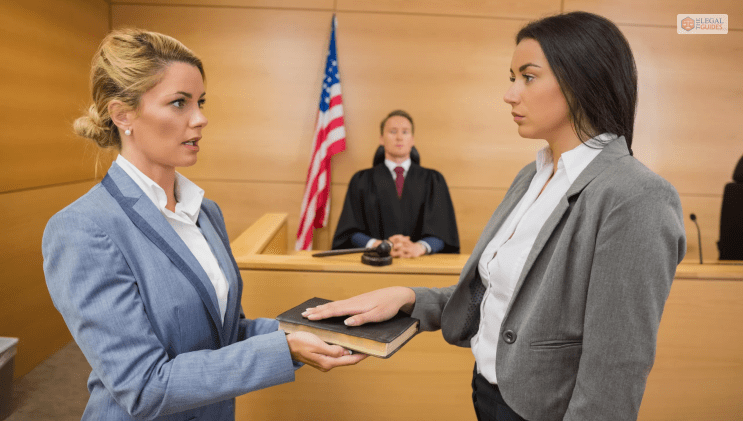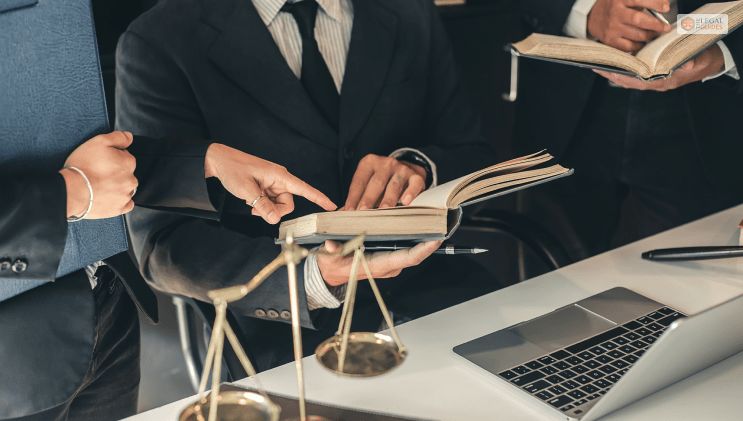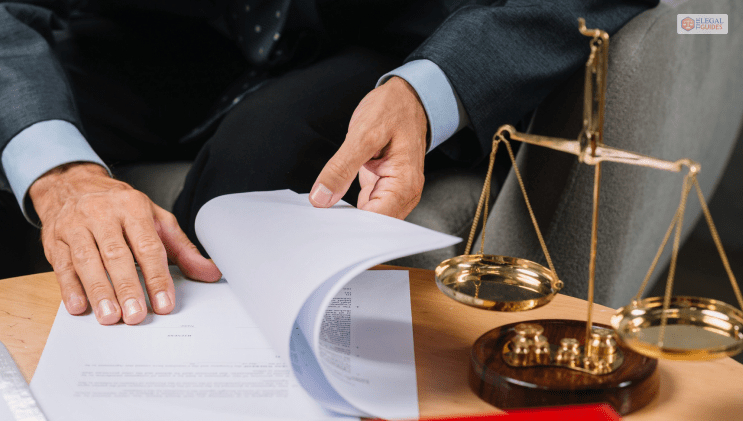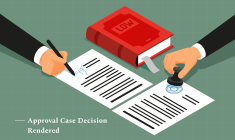Did you know that the law gives all parties to a dispute the right to state their respective demands, rights, and even opinions? Yes, you read that right. No court will arrive at a conclusion before hearing both parties out. This is where we all get to enjoy this little legal feature called the deposition objections.
So, all parties to a case can effectively object during a deposition and trial. Through deposition objections in a proceeding, a defense attorney can object to questionable statements from witnesses.
Therefore, it is a very powerful strategy in litigation as it can majorly impact the direction of the case. It is a very important safeguard that a lawyer can provide their client’s rights. Deposition objections let them control the scope of the trial and the results thereby. However, mastering the concept of a deposition can be quite challenging.
Sometimes, the time factor in deposition objections can be a challenge. The defense attorney has to be quick-minded since there is a window of a few seconds before they can make their objections known.
Imagine you are the defense attorney. During the trial, you can hardly stop the proceeding midway and research what objections would be betting in that particular case, right? So, this is exactly where we will be helping you out.
In this article, we will be telling you all about deposition objections and where to use them.
What Is A Deposition?

A deposition is a part of the discovery process in case of a civil suit. It is that part where an opposing counsel can question a witness in the trial. All witnesses are sworn in to tell the truth. Thus, if the attorney feels like the witness is not stating facts or is misconstruing them, they can ask questions. After a deposition proceeding is over, parties get a much better understanding of the case.
A deposition is rather important because after it is over, the case can either lead to a settlement or into in-depth discovery. The step forward will honestly depend on the merits of the case.
What Is The Main Purpose Of Deposition Objections?

Before we talk about the most common objections used in depositions, let us understand what purposes they serve.
Objections In Deposition Protect Rights Of The Client
Objections during deposition protect the rights and interests of the parties throughout the trial process. When an attorney chooses to speak up about irrelevant questions from the opposite party’s advocate, you can protect your client as well as the evidence. This will help them protect the lawsuit from misleading, inaccurate, or dishonest testimony that could hurt the client’s case.
There is yet another purpose for objections during depositions. An attorney can also request relevant documents that could help the case through a deposition. For instance, if an opposing counsel is seeking medical records in a deposition where they are irrelevant. In such a case, the attorney may need to object during the deposition.
Where Do Deposition Objections Fit In?

If you are wondering about the purpose of these objections, it’s good to know that these make up a pretty important part of the discovery process. Some consider it to be a fact-finding tool in litigation. Usually, in a lawsuit, all parties that are mentioned are entitled to conduct a discovery.
The Role Of The Discovery Process
Through this process, they will be finding out more about the case. After the discovery process is completed, all parties will be able to come up with facts and evidence to support their respective strategies better.
The discovery process is especially important because it can help the parties reach a settlement without a need for a trial. Whether or not your case needs a deposition objection will depend on the facts and the circumstances of your case. In cases where witness testimony is not required, ideally, an objection will not follow.
However, a well-executed objection will strengthen your deposition and make the foundation for the trial stronger.
When a lawyer challenges improper witness testimony, he creates a record of objections that is essential for the case. This record, in turn, will have a narrative in the client’s favor.
Common Types of Deposition Objections

Now that we are well versed about the background of deposition objections let us try and explore more on the different types of objections.
First Type Of Deposition Objection: Relevance
This type of objection constitutes the very fundamentals of the process. It is the type you resort to when you feel like the question or the witness’ statement is not in line with the purpose of the case.
A lawyer can protect their client by using this objection when he feels that the opposite counsel is asking irrelevant questions. It allows the case to focus on rather pertinent matters.
Second Type Of Objection: Leading the Witness
This type of objection is common in deposition cases. In proceedings, it so happens that the opposing council asks such questions to the witness that clearly leads the case in a direction that will not tilt the direction of the case in their favor.
This is called leading the witness. Leading questions are something that can be combatted with the help of deposition objections. This will allow the witness to answer questions freely and honestly.
Third Type Of Deposition Objection: Form of the Question
It is the duty of an attorney to protect the client from unclear, confusing, or ambiguous questions at the hands of the opposing counsel. Thus, this type of objection is used to ensure clarity so that it can amount to meaningful responses.
As we have stated before, all parts of a lawsuit, even a deposition, should only consist of elements that are absolutely clear and unambiguous.
Fourth Type Of Objection: Privileged Information
Imagine a situation where a client gets a question from the opposing counsel. Let’s say that the question is on matters that should ideally enjoy protection under attorney-client privilege. In such a condition, an attorney should object to protect the client. Privileged information is, therefore, well protected under such a deposition objection.
More On The Types
These were some of the most common types of objections during deposition. A few more worthy mentions on this list include the following.
A. Objections Under Harassment.
This protects the clients from aggressive, intimidating, or disrespectful behavior from the opposing counsel.
B. Non-Responsive Objection.
Through this type of objection, the advocate can witness to provide an answer that directly answers the question.
C. Compound Question.
A compound question combines multiple inquiries into one. These are the types of questions that are meant to confuse a witness. Therefore, through this type of objection, the counsel asks the opposing counsel to ask separate, distinct questions.
Objection My Lord: Final Word!
Thus, if you have reached this far into our article about deposition objections, you must now have an overall idea of the matter. Deposition objections are a very important part of the legal process is an essential part of before a trial. It’s much like an interview where the witness under oath has to face objections if they provide incorrect or irrelevant information.
A well-executed objection will lead to a stronger case at trial. It will help bring the narrative in a party’s favor. However, it is essential to know which objection to use when and only to blow the whistle when needed.
Read Also:
















